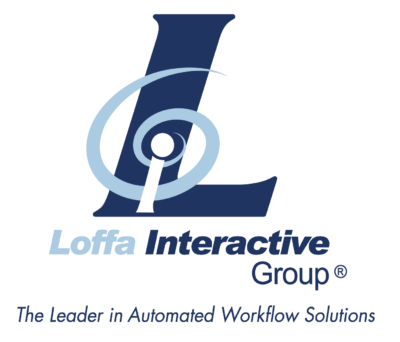Critical Commute Crisis: Steering Through Transportation Setbacks as T+1 Approaches
3 min read
Steering Through Transportation Setbacks as T+1 Approaches: A Closer Look
 As the financial industry braces itself for the upcoming shift to a T+1 settlement cycle, it faces an unexpected hurdle—a major transportation disruption. Last evening’s halt in train services in and out of New York City, caused by downed wires, has thrown a wrench into the daily commute of many, including key players on Wall Street.
As the financial industry braces itself for the upcoming shift to a T+1 settlement cycle, it faces an unexpected hurdle—a major transportation disruption. Last evening’s halt in train services in and out of New York City, caused by downed wires, has thrown a wrench into the daily commute of many, including key players on Wall Street.
Key Implications for Wall Street
1. Staffing Shortfalls
With trains at a standstill, the immediate shortfall in staffing couldn’t have come at a worse time. As we gear up for T+1, having all hands on deck is not just optimal; it’s critical.
2. Surge in Operational Risks
Fewer transportation options could mean delays in trade processing and settlements—a situation ripe for an increase in trade exceptions and fails, pushing firms towards unwelcome manual fixes.
3. The Need for Clear, Efficient Communication
Now more than ever, keeping everyone in the loop and making fast, effective decisions is crucial to managing the workload, especially with reduced staff.
4. Maintaining Trust with Clients and Partners
Honesty is the best policy. Transparent communication about any potential delays is key to managing expectations and sustaining trust during these challenging times.
5. Reevaluating Strategic Plans
This hiccup serves as a clear reminder: flexible work arrangements and robust remote work capabilities aren’t optional; they’re essential for navigating unexpected challenges.
Deep Dive: Impacts on Prime, Executing, and Clearing Brokers
 Prime brokers, along with their executing and clearing counterparts, stand on the frontline of experiencing the brunt of such disruptions. Let’s zoom in on the two most pivotal aspects:
Prime brokers, along with their executing and clearing counterparts, stand on the frontline of experiencing the brunt of such disruptions. Let’s zoom in on the two most pivotal aspects:
Operational Risk Management
For prime and clearing brokers, the reduction in staff could severely impact their ability to manage and execute trades efficiently, leading to increased settlement risks. This situation magnifies the importance of having automated, reliable systems in place—systems capable of maintaining smooth operations, even with a skeleton crew.
Client Relations and Market Confidence
In a period already fraught with transition, maintaining client and market confidence is imperative. For executing brokers, delays in trade settlements could erode trust, making transparent communication and contingency planning more crucial than ever.
Loffa Interactive to the Rescue
Recognizing these challenges, Loffa Interactive Group steps in with solutions meticulously designed to ease compliance burdens and enhance operational effectiveness—critical for navigating the T+1 transition.
Simplifying Compliance and Process Management
Our suite, featuring key tools like Freefunds Verified Direct (FVD) and the Prime Broker Interactive Network (PBIN), streamlines compliance tasks and simplifies complex processes—providing firms the bandwidth to focus on strategic operations, even amidst disruptions.
Ensuring Operational Continuity
 With a focus on ensuring that firms can meet various regulatory standards effortlessly, Loffa’s solutions are tailor-made to bolster operational continuity, ensuring that prime, executing, and clearing brokers can keep their operations running smoothly, regardless of external challenges.
With a focus on ensuring that firms can meet various regulatory standards effortlessly, Loffa’s solutions are tailor-made to bolster operational continuity, ensuring that prime, executing, and clearing brokers can keep their operations running smoothly, regardless of external challenges.
This incident highlights the critical need for preparedness and adaptability in our fast-evolving industry. By partnering with Loffa, firms can arm themselves against unforeseen challenges, ensuring resilience and compliance as they navigate toward T+1 and beyond. Whether it’s streamlining compliance procedures or enhancing operational efficiency, Loffa stands ready as your trusted partner in this journey.